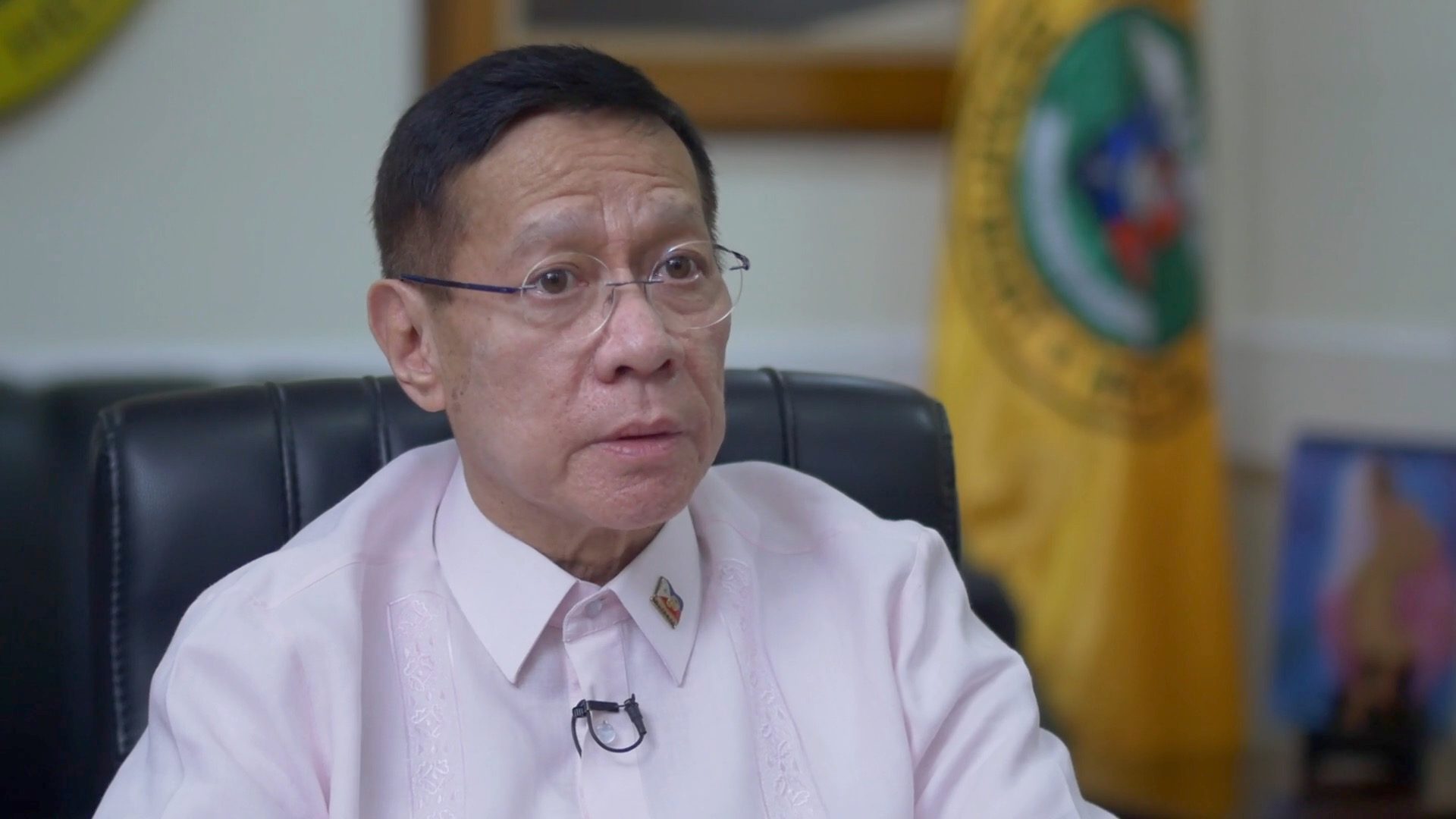SUMMARY
This is AI generated summarization, which may have errors. For context, always refer to the full article.

MANILA, Philippines – Returning to the national government control over health care in poor local government units (LGUs) could address the “patchy” implementation of certain programs, according to Health Secretary Francisco Duque III.
In a Rappler Talk interview, the health chief said, “The problem with a devolved system is work is very patchy. A program is implemented in one LGU but ignored in another one. There is no unified command.”
Healthcare in the Philippines is currently devolved, meaning the management and delivery of health services are in the hands of locally-elected provincial, city, and municipal governments. Along with health services, social welfare was also devolved through the Local Government Code of 1991. (READ: Stop blaming devolution for health sector failures)
Duque said a “selective renationalization” of the health care system could work. This means the national government will facilitate health programs in select areas, particularly poor LGUs.
“Poor LGUs, those classified as 4th, 5th, and 6th class municipalities, they’re usually the ones with problems,” Duque said. “There are always complaints about lack of medicine, lack of personnel, decrepit and dilapidated facilities in such LGUs,” he added.
Renationalizing these LGUs, he said, would allow the Department of Health (DOH) to “plan better, and have a unified command, clarity of vision, and better execution.”
The health chief had also previously said that it was important that all LGUs were on the same page regarding healthcare, as “health is very technical. We’re talking about continuum of care: health promotion, disease prevention, cure, rehabilitation, treatment, outbreaks.”
In early October, Duque cited DOH’s experience in the distribution vaccines. With the current system, for instance, the DOH makes sure that vaccines are delivered to LGUs and their respective health officials. Whether the vaccines are delivered or not to constituents is up to LGUs, Duque said.
“There are LGUs that do not prioritize health,” he said. “[It’s the] constituents who suffer.”
But Duque has high hopes for LGUs that have good records when it comes to implementing health programs. He said they are even “models for Universal Health Care (UHC),” a landmark law set to be implemented in 2020. (READ: DOH: No conflict between Local Government Code, Universal Health Care)
Although Duque did not identify these LGUs during the Rappler Talk interview, the DOH in an August budget hearing did reveal the 33 pilot areas where UHC will be implemented by 2020. Duque said then that a national rollout would be impossible due to budgetary constraints.
“[The UHC law] has many moving parts. We need synchrony and we will get the right tune of UHC,” he said.
He also said the DOH would do anything to persuade LGUs resistant to UHC integration, even if they have to seek help from the Department of the Interior and Local Government (DILG) to convince them.
But Duque believes much of the resistance comes from a lack of sufficient understanding of what UHC really entails. (READ: EXPLAINER: What Filipinos can expect from the Universal Health Care Law)
“They’ll realize the benefits, that there are far more benefits to be derived from integration, not just politically but socially,” he said. “We need to convince them.” – Rappler.com
Add a comment
How does this make you feel?
There are no comments yet. Add your comment to start the conversation.